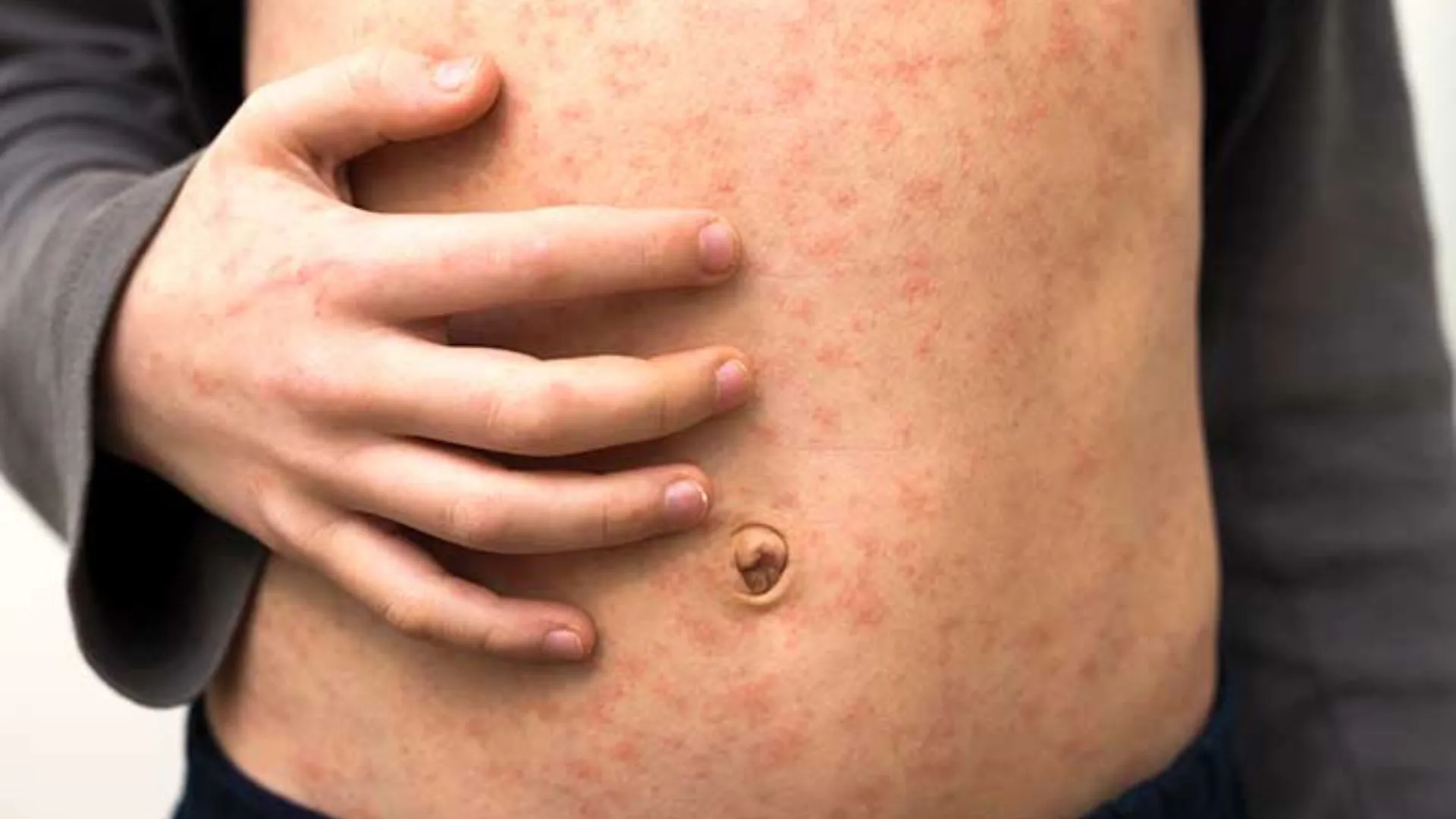The measles outbreak in West Texas has grown to 48 confirmed cases, primarily affecting children and teenagers, making it the state’s most severe outbreak in nearly three decades.
In a statement released on Friday, state health officials reported that those infected were either unvaccinated or had an unknown vaccination status. Thirteen individuals have required hospitalization.
The outbreak, which originated in Gaines County, has now spread to nearby Lynn, Terry, and Yoakum counties. Local officials anticipate further transmission within these communities. Earlier this week, Zach Holbrooks, Director of the South Plains Public Health District, noted that some cases appear to be linked to private religious schools.
Data from the Texas Department of State Health Services indicates that the state last saw a comparable outbreak in 1996, with 49 cases. In 2013, an outbreak resulted in 27 cases after an individual returning from Asia interacted with a vaccine-hesitant community.
Measles is an extremely contagious virus that can remain airborne for up to two hours. According to the U.S. Centers for Disease Control and Prevention, up to 90% of unvaccinated individuals exposed to the virus will become infected. Before the introduction of the measles vaccine in 1963, the U.S. recorded between 3 million and 4 million cases annually. Today, the number is typically below 200 per year.
A rise in measles cases was reported across the U.S. in 2024, including an outbreak in Chicago that infected more than 60 people. The measles vaccine, administered in a two-dose series, is a requirement for most kindergarteners enrolling in public schools.
Texas law permits parents to exempt their children from school vaccination requirements for reasons of conscience, including religious beliefs. The percentage of students with vaccine exemptions has increased from 0.76% in 2014 to 2.32% in 2023, according to state records.
Gaines County has one of the highest vaccine exemption rates in the state, with nearly 14% of K-12 students opting out of at least one required vaccine during the 2023-24 school year. Health officials caution that the actual number may be even higher, as exemption data does not include many homeschooled children.






















